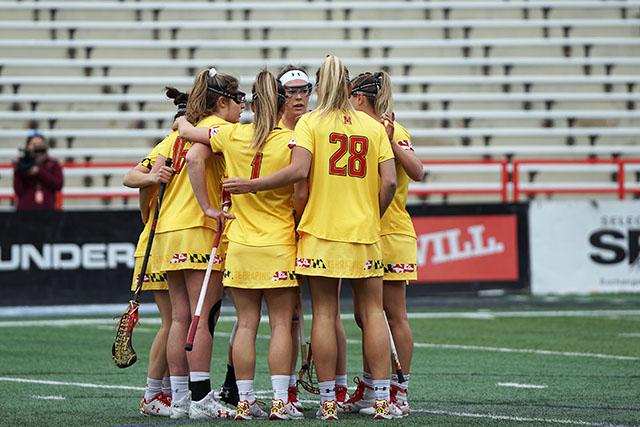What to do if Your Kids Fear Mental Performance Coaching
Young athletes fear doing mental game coaching because they don’t understand what it involves…
Based on our survey with sports parents, we know kids fear what they do not understand…
Young athletes think mental coaching is therapy for problem kids. They assume it’s only because something is wrong with them.
But this is not the case…
You can help young athletes understand what mental training is… To do this, parents need to learn about its benefits and educate their children.
First of all, young athletes need to understand the benefits of mental performance coaching in sports and other areas of their lives.
As mental performance coaches, we teach mental skills to athletes–we are not doing therapy. Athletes learn how to focus, trust in their training, manage expectations and become more proactive about improving confidence.
One of the main signs that athletes need mental performance coaching is when they have trouble transferring skills from practice to games. In other works,, they under perform in competition.
During practice, some athletes perform very well. But fall apart in games because they start worrying about failing and about how coaches, parents and peers might judge their performance.
Mental coaching helps athletes and parents with these challenges.
During competition, athletes can also struggle with high expectations and fragile confidence.
Mental performance coaching helps kids who are struggling with pressure, which can make them more likely to drop out of sports. It can help them enjoy sports more as well.
To help kids embrace mental game training, parents can begin by talking with them about role models–professional athletes–who benefit from mental training. Examples include Iga Swiatek, Olympic Athletes, and Roger Federer.
We help athletes transfer their skills from practice to competition and improve consistency. Your athletes can meet in person or via Zoom with a mental game coach once a week.
We begin with a mental game assessment–a series of questions. Athletes will do mental game exercises during the week, perhaps a workbook, before meeting their mental performance coach again.
Please note that mental coaching is not about keeping kids in sports–it’s too late at this point. If they want to quit for reasons other than the pressure they feel, mental training is not appropriate.
Related Youth Psychology Articles
- The Mental Game Challenges of Injuries in Youth Sports
- The Link Between Sports Kids’ Mental Game and Mental Health
- How to Explain Mental Training to Teens
Instill Confidence and Success in Young Athletes
We’re certain that, as a parents, you want to help your child develop confidence and discipline in sports and life. And as a sports parent, you’d love for your children to reach their potential in sports. But encouraging your child to strive for greatness without pressuring them can be a challenge.
It’s no secret that sports success is linked closely to an athlete’s mental toughness. If your young athletes struggle to perform well in competition, are frustrated with their performance, talk about quitting or display low confidence levels, mental game training can help. Both you and your young athlete can learn how to build mental toughness and improve performance with sports psychology coaching for kids.


